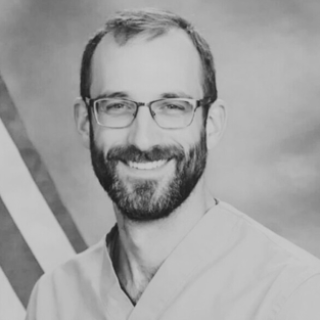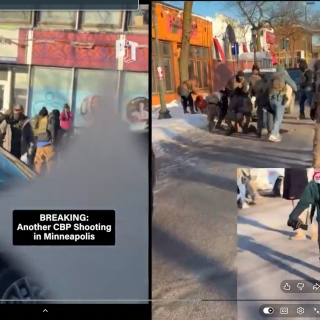Ohio State is “stalling” on giving their workers consent to vote or voluntarily allowing them to form a union, AFSCME Ohio Council 8, the local union helping Wex Workers United or “WWU” to organize, told the Free Press. OSU has also hired lawyers to push back against WWU, said AFSCME.
University leadership received WWU’s petition to vote back in March, a petition facilitated and endorsed by the State Employment Relations Board, which represents state employees. AFSCME Ohio Council 8 says three months is far beyond any reasonable time for a response from OSU. AFSCME is part of the AFL-CIO.
A petition is now circulating “telling OSU President, OSU Board Members, Wexner Center Director…to STOP Delaying and Set a Union Election Date.”
“These employees are advocating for a fair and equitable workplace, the right to negotiate for wages and benefits and to have a voice in important workplace issues such as safety. They are demanding dignity and respect on the job,” states the petition.
Unlike local Starbucks union organizers, WWU has not experienced any retaliation by OSU, said AFSCME.
WWU says their conversation about organizing began several years before the pandemic, but that the pandemic and what followed at the Wexner Center for the Arts turned inspiration into action.
“What was really impactful, for a lot of us, was during Covid there was layoffs, furloughs, and people experiencing reduced hours and therefore reduced pay,” said WWU organizer and Wex worker Jo Snyder. “And during that period our workload didn’t reduce at all. We had less staff, but we didn’t have less work, and many of us were getting paid less. That was a moment we realized we don’t actually have a mechanism to ensure that we are being treated fairly.”
Snyder adds that OSU, the Wex, and many other cultural institutions probably remain stuck in the longstanding mindset that “passion workers” should simply be grateful they have a job “in the arts.”
“There’s this narrative that we should be grateful to have a job in the arts at all. This is sort of a myth that a lot of cultural organizations [adhere to],” she said. “[But] passion can’t pay my bills. Full disclosure, I’m living paycheck to paycheck. There’s a really wide range of people who work these jobs, and at the end of the day, it is a job.”
A twist of (regrettable) fate by the Wexner Center itself also helped fuel WWU’s motivation. The Wexner Center in 2019 began showing “The Last Cruze,” the documentary about General Motors ceasing production of the Chevrolet Cruze in hardscrabble Lordstown, Ohio.
“Any time the conversation turns to labor at your workplace, I think it’s natural to look at your own situation and think, ‘What can we do here?’ Those were powerful moments at the Wex,” said Snyder.
WWU organizer and Wex worker Matt Reber – also the bassist for one Columbus’s past iconic punk rock bands, New Bomb Turks – says “we want the Wexner Center to be what it says they are.”
“We are part of an institution that says they are invested in social justice, and things like that, and we want to amplify that from our end and make sure that happens,” said Reber.
WWU says they’ve had a huge outpouring of support that speaks to the solidarity that comes along with these types of movements.
“We’ve had other art institutions and other labor unions not even in the cultural sector very supportive of us, we are grateful for that,” said Snyder.
Coincidentally, the local Starbucks employee uprising began not long after WWU made their move to organize.
Can a group of local “passion workers” seeking greater respect from their employer inspire, for example, the forklift drivers and pick-packers at the warehouses surrounding the international trade hub at Rickenbacker to also organize?
“That would be cool,” said Snyder.



